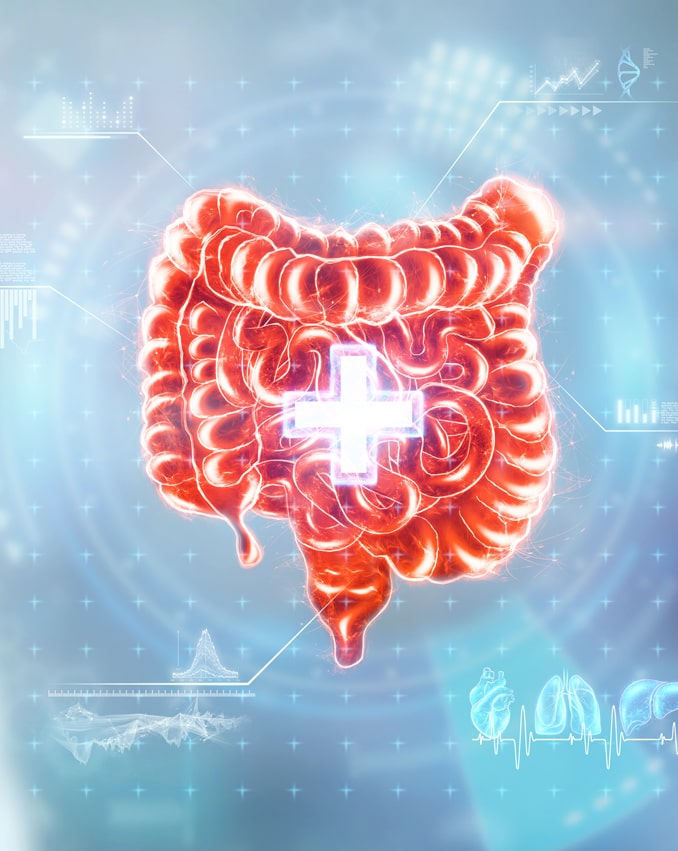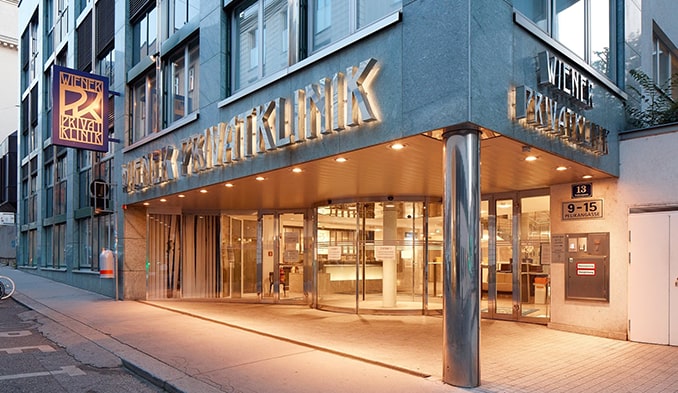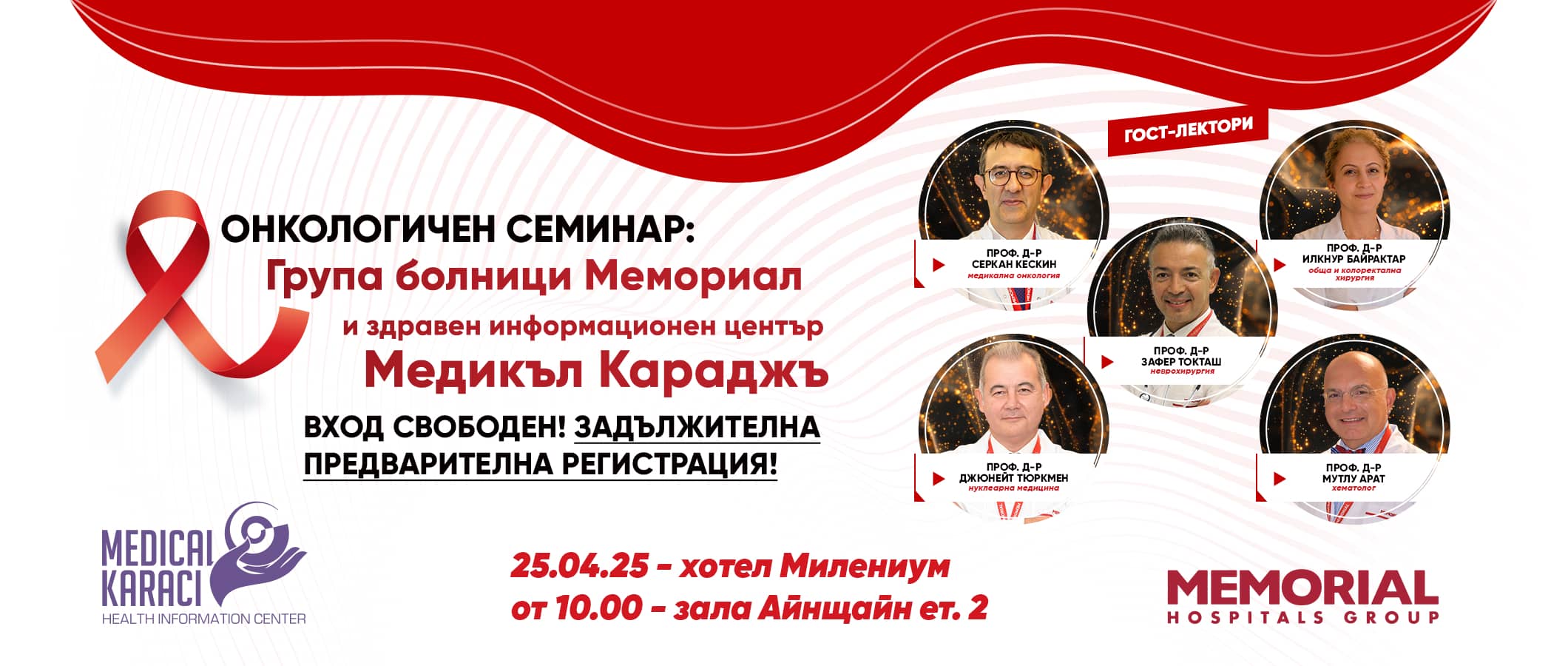-
How can we describe the nature of mesenteric infarction?
This is a serious disease, mesenteric infarction, resulting from the disruption of the blood supply to the small intestine, which in most cases leads to a significantly high mortality, reaching up to 70%. It occurs quite rarely, approximately in every 1000 patients who are hospitalized.
-
What are the symptoms and risk factors of mesenteric infarction?
Among the most common symptoms of the disease is abdominal pain, which can occur for no particular reason, sometimes after eating.
Several factors are known to increase the risk of developing the disease, including high blood pressure, peripheral vascular disease vessels, atrial fibrillation, coronary heart disease, and also heart failure. The risk of developing the disease increases significantly after the age of 70. In this disease, timely diagnosis and subsequent treatment are key to achieving successful outcomes.
-
What are the different forms of the disease?
There are several forms of the disease, among which are venous thrombosis of the mesenteric-portal axis, acute occlusive mesenteric ischemia and non-occlusive mesenteric ischemia. All of these result in a reduced blood supply to the bowel, which, due to the lack of blood, may become necrotic. If the blood supply is not restored, this process can lead to a serious infectious condition - sepsis.
Through radiological diagnosis, the type of AMI is determined. In most cases, performing CT-angiography helps identify all possible causes of the disease. After obtaining the results, the appropriate treatment for the patient is also prescribed.
-
What is the recommended treatment for patients with mesenteric infarction?
In the treatment of acute mesenteric ischemia (AMI), the effective collaboration of specialists in general and vascular surgery as well as radiologists is crucial. Depending on the location and nature of the vessel obstruction, both open and endovascular surgical procedures can be used during surgery. The main goal of treatment is to restore a normal blood supply to the bowel.
In some cases, when the patient shows symptoms of peritonitis, it may mean that the small intestine is already necrotic. This information can be confirmed with a CT scan. If this is confirmed, an exploratory laparotomy, a surgical exploration of the abdominal cavity, should be performed quickly. If the intestinal segment is not receiving enough blood, it should be removed by resection. Successful treatment of the disease and the patient's chances of survival depend on timely surgical intervention and medication. The cause of the development of AMI is also essential, as is the extent to which the bowel is affected.











